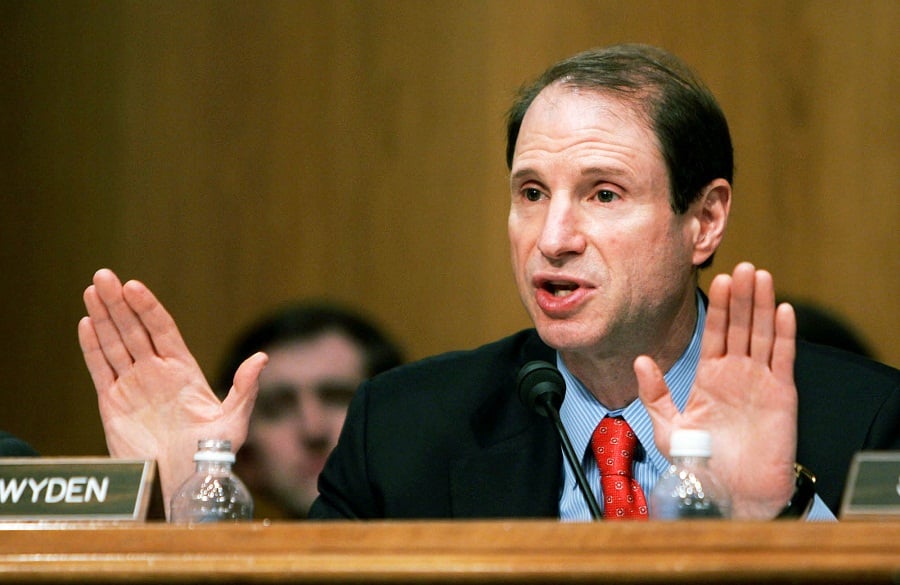The top Democrat on the Senate tax-writing committee called Tuesday for curbing complex investment tactics that help high-net-worth investors lower their taxes.
A
report released by the Democratic staff of the Senate Finance Committee outlined several investment instruments — such as options, derivatives and swaps — that can be used to skirt “tens of billions of dollars” in taxation. It asserted that reining them in through legislative and regulatory changes would make the tax code fairer.
“The fact is that tax rules and Treasury guidance have failed to keep pace with the multiplying varieties of tax avoidance strategies that can be used to shelter income from taxation,” the report states.
The document “sheds light on some of the most egregious tax loopholes around,” said Sen. Ron Wyden, D-Ore., ranking member of the committee, at
a hearing on Capitol Hill.
“Sophisticated taxpayers go out and hire lawyers and accountants to take advantage of these dodges,” Mr. Wyden said. “When you hear about these loopholes, I'm sure that the working-class person just gets more frustrated about what's happening here in Washington [and] wants reform.”
It's unclear whether the regulatory fixes the report recommends will be pursued during the final two years of the Obama administration. The legislative proposals also face uncertainty as a Congress led by Republican majorities in both the House and Senate consider
broad tax reform.
The report highlights tax strategies that were identified by the Joint Committee on Taxation at Mr. Wyden's request.
One involves so-called “collars,” or options that enable an investor to lock in capital gains but avoid associated taxes. Others include timing the sale and repurchase of securities to avoid capital gains taxes and using derivatives to convert ordinary income to capital gains and vice versa. The report also addresses deferred compensation paid to corporate executives to lower their taxes.
The use of derivatives in a portfolio can lead to varying sizes of tax bills for investors with positions in the same underlying assets, the report states.
“Differences in tax treatment of economically equivalent portfolios may allow taxpayers to some extent to elect the timing, character or source of income for tax purposes that is most advantageous,” the report states. “Inefficiencies and inequalities arise when economically equivalent transactions are taxed in different ways.”
The complex financial transactions that can help the wealthy sidestep taxes is unfair to workers who pay most of their taxes through levies on wages, Mr. Wyden said.
“For people having a hard time or just making their way as best they can, it must feel like the tax system is rigged to make the other guy's climb up America's economic ladder easier than theirs,” Mr. Wyden said in prepared remarks.







